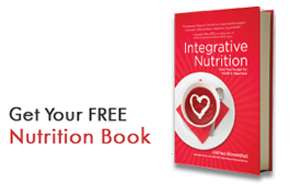Time and time again my clients ask me “is coffee good for me?” or “am I drinking too much?” The answer unfortunately is not a simple one. I could argue for many hours either way!
The most important points that I like to raise however, is the quality of the coffee going into their bodies and also if it is in balance with everything else that they are consuming on both a physical and non-physical level (see my past post on “primary vs secondary foods“).
The below study is an interesting one and suggests that, as always, things should be used in moderation. How many times have you heard that before! So what is “in moderation”? This study may shine a little light on the subject.
Excess Coffee Toxic To Under-55s, Study
Drinking more than 28 cups of coffee a week or four cups a day may be bad for under-55s, according to a new study.
Asian Scientist Newsroom | September 16, 2013 | Health Asian Scientist (Sep. 16, 2013) – Drinking more than 28 cups of coffee a week or four cups a day may be bad for under-55s, according to a new study.
The study, published in the journal Mayo Clinic Proceedings, involved medical questionnaires completed by almost 45,000 people between 1979 and 1998.
The researchers found that men under the age of 55 who drank about 28 cups of coffee each week were 56 per cent more likely to die from all causes.
Similarly, younger women who drank similar amounts of coffee more than doubled their risk of mortality.
However, no adverse effects were found in heavy coffee drinkers aged over 55.
“There continues to be considerable debate about the health effects of caffeine, and coffee specifically, with some reports suggesting toxicity and some even suggesting beneficial effects,” said Dr Carl Lavie from the University of Queensland, who is a co-author of the study.
Recent research has shown that coffee is one of the major sources of antioxidants in the diet and has potential beneficial effects on inflammation and cognitive function.
However, coffee may have potential adverse effects because of caffeine’s potential to stimulate the release of epinephrine, inhibit insulin activity, and increase blood pressure and levels of homocysteine.
According to Dr Lavie, all of these mechanisms could counterbalance one another. Therefore, moderation is the best advice, he said.
He also cautioned that further studies were needed in different populations.
Download the full article below:
Source: Asian Scientist










Leave A Response